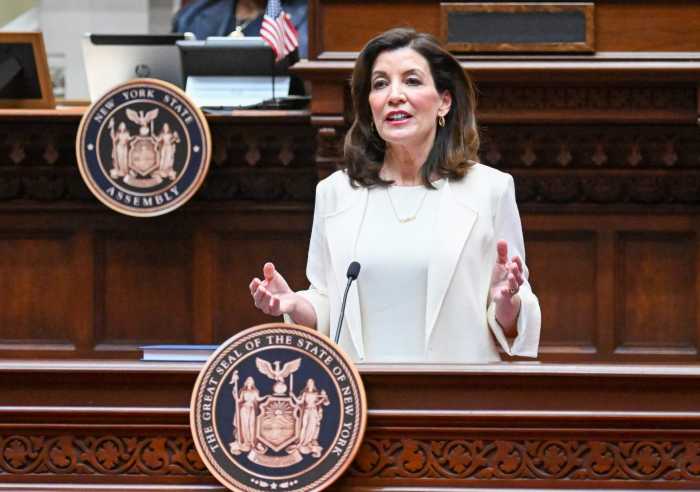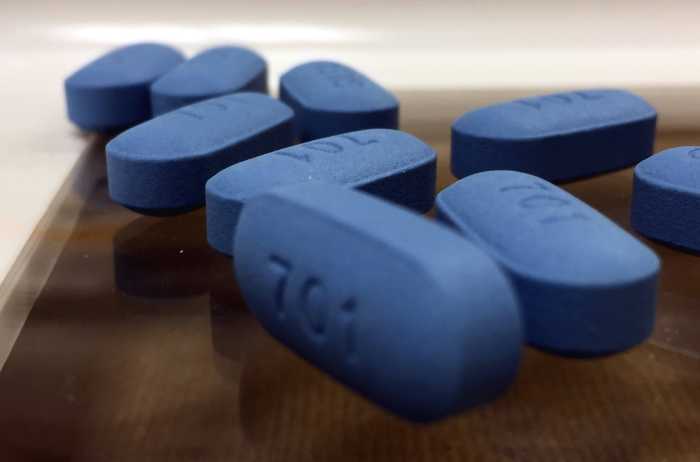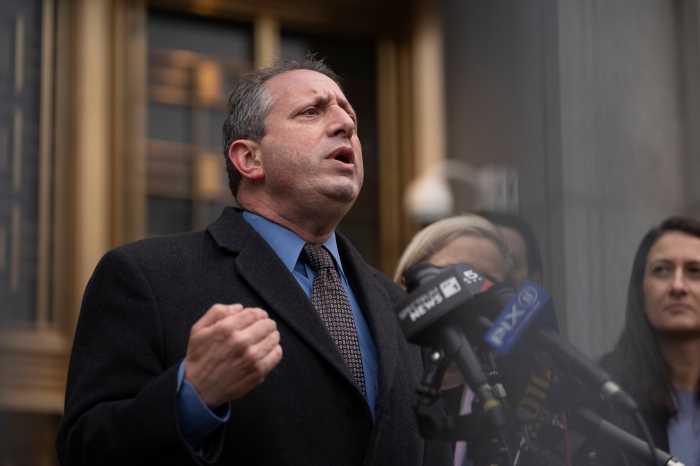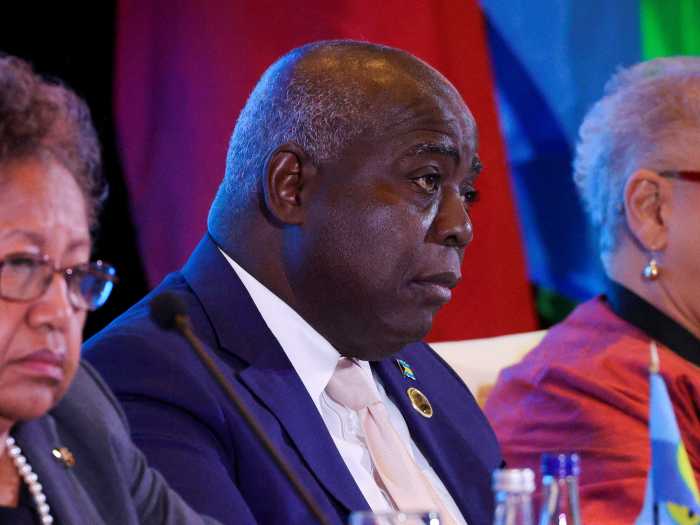With the federal government requiring jurisdictions that receive monkeypox vaccine to divide vials of the vaccine into five doses and inject those doses into people’s skin, New York City’s health commissioner assured City Council members and the public during a hearing that that those smaller doses were effective at blocking monkeypox infections.
“The intradermal dosing strategy appears to have similar effect on the immune system as the traditional subcutaneous dosing strategy,” said Dr. Ashwin Vasan, who heads the city’s Department of Health and Mental Hygiene, during an Aug. 24 hearing. “From a scientific perspective and an efficacy perspective, the early data that we have is very promising.”
Intradermal doses are injected into a patient’s skin and subcutaneous doses are injected into a muscle below a patient’s skin. Intradermal doses require a shorter and finer needle and those administering the dose must be trained in this form of injection.
“We see the immune response in terms of number of antibodies produced seems to be quite similar,” Vasan said, though he added that “To make a switch like this in the middle of a vaccine campaign is enormously difficult…If intradermal dosing is administered incorrectly, it can be ineffective and not produce a response.”
On Aug. 9, the US Food and Drug Administration (FDA) announced it would allow jurisdictions to split doses, but Vasan said that splitting doses was now a mandate from the federal government and getting more vaccine was conditioned on moving to intradermal injections and smaller doses.
“It will take some weeks to get to 100 percent intradermal, but the federal government has made it clear that we won’t get more vaccine until we make this switch,” Vasan said. The US Department of Health and Human Services did not respond to an email seeking confirmation.
Democrat Lynn C. Schulman, who represents Queens’ District 29 and chairs the Council’s Committee on Health, opened the hearing saying “An estimated 150,000 New Yorkers are at risk for monkeypox exposure and are therefore eligible for the vaccine, but the city has only been allotted 80,000 doses by the federal government.”
To date, the health department has administered more than 63,000 doses, Vasan said. The agency recently ordered 19,600 doses. With those recently ordered vials divided into five doses instead of using a single vial as a single dose, that — and the earlier injections — should be sufficient to vaccinate over 150,000 people.
Bavarian Nordic, the Danish company that manufactures Jynneos, the monkeypox and smallpox vaccine, reported in Aug. 24 interim financial results for 2022 that the US government ordered 500,000 Jynneos doses in June for delivery this year and five million in July for delivery in 2022 and 2023. Jynneos is typically administered in two doses injected four weeks apart. Full protection comes roughly two weeks after the second injection.
“I can tell you that a lot of people feel like they’re in the dark and are getting more and more anxious about when they’re going to get their second dose,” said Erik Bottcher, who represents Manhattan’s District 3 and, like Schulman, belongs to the Council’s LGBTQIA+ Caucus.
“In an environment of extremely constrained vaccine availability, we’ve adopted a delayed second dose strategy,” Vasan said. “After reviewing the data, we’ve concluded that significant protection is conferred from a single dose, if not as much as two doses.”
The health department is currently only giving first doses and limiting those injections to sexually active gay and bisexual men and other men who have sex with men and transgender and gender non-conforming people.
“I think the switch to an intradermal strategy will tell us a lot about when we can switch to a second dose,” he said. “A second dose administered up to a year later makes that protection durable.”
The city is seeing cases decline and testing increase.
“We think this is driven by two primary factors,” Vasan said. “Number one, real behavior modification among the at risk community…and number two, the vaccination campaign…We’ve gotten a significant number, tens of thousands, protected even partially, against monkeypox.”
The vaccination campaign has not reached every demographic that needs to be vaccinated, with Black men, in particular, accounting for 31 percent of those who should be vaccinated and just 12 percent of those who are vaccinated. The vast majority of cases continue to be largely among gay and bisexual men and other men who have sex with men.
Responding to a question from Councilmember Mercedes Narcisse, a Democrat who represents Brooklyn’s District 46, Vasan said “I share your concern about the data you cited. We have a lot of work to do with the African-American community in getting them access to the vaccine.”
















